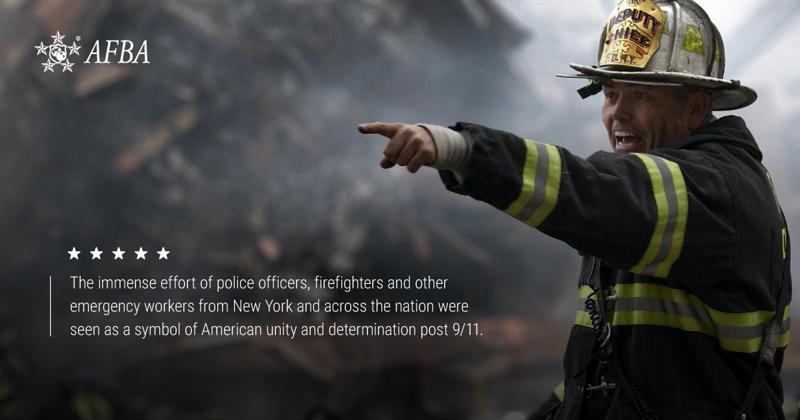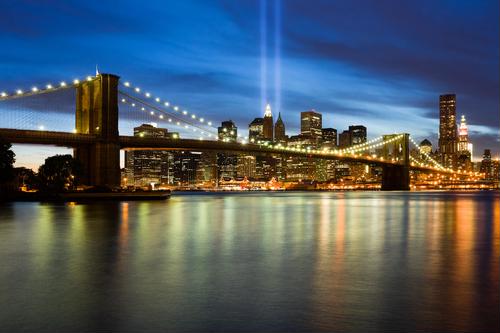First responders worked tirelessly in the immediate aftermath of the 9/11 terror attacks, as well as for months after. The immense effort of police officers, firefighters and other emergency workers from New York and across the nation was often seen as a symbol of American unity and determination. Yet those same first responders who risked everything to help were themselves at risk of losing government support in meeting health care bills stemming from their relief work.
The September 11th Victim Compensation Fund (VCF) was set to expire in 2020, but has now been extended permanently thanks to a long, emotional campaign by first responders, families and media.
VCF reopened in 2011 to help pay for medical bills
The VCF was initially active between 2001 to 2003, processing claims of injury and death related to the 9/11 attacks. By mid-June 2004, the fund had closed, after about $38 billion in aid had been paid out, according to CNN. However, it wasn't until the next decade when action was taken to reopen the fund in light of the emergence of chronic conditions and terminal illness among first responders. Working in the rubble would have a significant impact on the health of first responders, who now have a higher risk of heart disease, the New York Post says. Cardiovascular disease and cancer would go on to claim the lives of many 9/11 emergency workers, while others would need to pay bills for their care.
In 2011, President Barack Obama signed legislation reactivating the VCF, known as the James Zadroga 9/11 Health and Compensation Act, expanding it to include health care coverage and compensation to first responders and individuals who have developed 9/11-related health problems.

Legislation avoided the fund expiring
According to ABC, since being reopened in 2011, the Congressional Budget Office estimated the fund had paid awards to around 22,400 people at a value of about $5.2 billion by 2019, while claims related to cancer had risen to 45% of all awards. In February of 2019, a warning bell was sounded: The special master in charge of managing the fund said payments would have to be reduced by half, and some by 70 percent because $5 billion of the $7.4 billion allocated for 2015-2020 had been spent, The New York Times reported.
Without further action from Washington, D.C. the fund would expire, and thousands of people would lose key government care. This triggered a reaction across the country, from first responders and their families, to civic organizations and media personalities. Jon Stewart, former host of "The Daily Show," would become a much-heard voice of the campaign to extend the fund, regularly demonstrating with first responders, as well as making an emotional speech to Congress.
Their appeal was ultimately successful, as the Senate voted 97-2 to extend the fund for the next 73 years. More than $10 billion has been set aside for awards during the first decade after reauthorization. President Donald Trump signed the bill surrounded by first responders.
"In the wake of the Sept. 11 attacks, courageous Americans raced into smoke, fire and debris in lower Manhattan, the Pentagon and a field in Shanksville, Pennsylvania. The whole world witnessed the might and resilience of our nation in the extraordinary men and women of the New York Fire Department and the New York Police Department, selfless patriots of unmatched character and devotion," Trump, who lived in Manhattan during the attacks, said. "I grew up with them so I can tell you that's absolutely true."
Now, Stewart and others are joining to help educate first responders and others about their eligibility to submit a claim.


